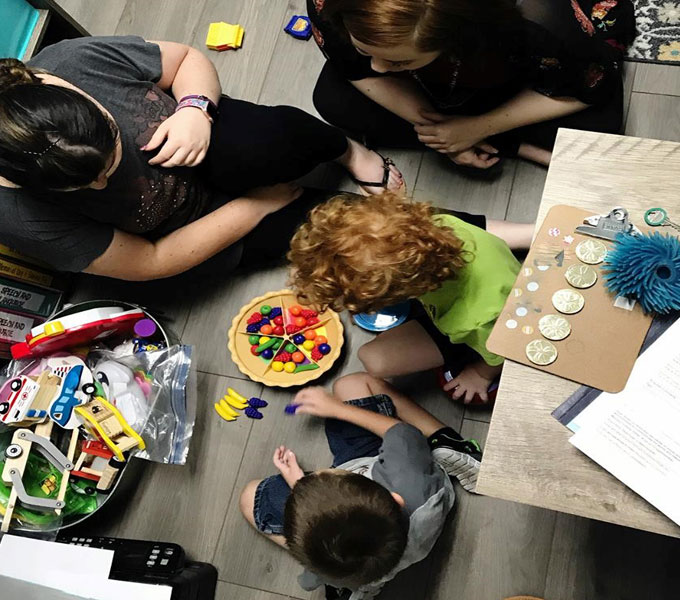At Solutions Therapy, we are always trying to find new and fun ways to captivate our children’s attention and to motivate them to participate and succeed in therapy so we offer weekly themed activities throughout the summer and incorporate holidays and themes into our sessions.


Occupational Therapy (O.T.) helps children achieve their fullest potential by improving their independence and performance with play skills, academic skills, fine motor skills, eye-hand coordination, social skills, and daily life skills.
Occupational Therapists focus on:
